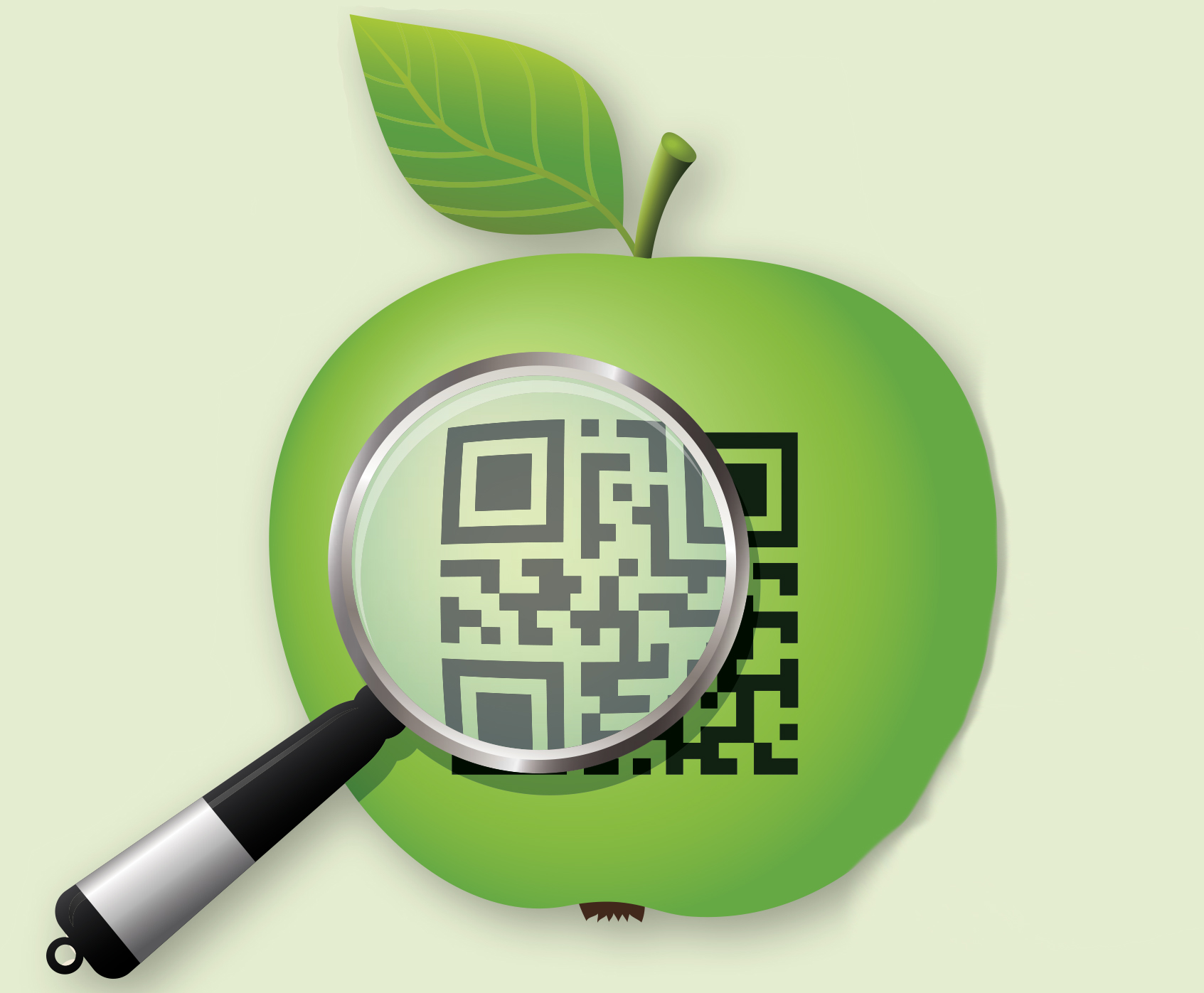Two Great Tools to Help Change Pedagogy
Changing pedagogy is not only about thinking differently, it’s also about acting differently.

Changing pedagogy is not only about thinking differently, it’s also about acting differently. The key to this is determining first what we want our students to know and, second, letting them have choice in how they will demonstrate, or apply, their learning.
One tool that teachers can use to change their pedagogical approach is Voxer. Voxer is an application for any Android or iOS device that allows users to have voice chats. The thread created is very similar to a message board on a website, but with Voxer the thread can be created using voice recordings. Voxer allows students to speak rather than type, and it also allows many students into the same discussion at once. They can all participate at different times that work for them.
Here are a few sample Voxer lessons:
■ Create multiple study groups of four to six students in Voxer. Include yourself in each group to monitor student discussions and answer any questions about content or homework that might arise. Assign each group an overarching question and let them take a few days to discuss. Have each group make a presentation to share their thoughts and findings with the class.
■ Create a Voxer group to initiate literature circles and spark discussion.
■ Create groups for grade-level teacher teams, or departments. A Voxer chat can cut way back on the time needed for face-to-face meetings. That time can be well used instead for planning, changing pedagogy, and brainstorming new ideas.
■ Another tool that I recommend when talking about active learning in the classroom is the integration of QR codes into lessons. By downloading a free QR creator, teachers can create and print QR codes and students can be active learners even in a classroom with a limited number of devices.
Here are some examples of how teachers can add QR codes to static projects as a way to add more content and/or visuals to their work:
■ Place QR codes around the room and turn the classroom into an online museum. Students walk around the room and visit each QR code. When they scan the QR code, they are taken to a video or information online about content they can research and discover on their own with guiding questions from the teacher.
■ Have students create their own QR codes to add multimedia to writing assignments or poster projects.
■ Use QR codes that are linked to instructions (text or video) on how to use specific classroom equipment or how to follow classroom procedures. This saves the teacher from having to answer a lot of questions and allows the time saved to be spent on supporting learning.
■ Create scavenger hunts (like old webquests) for your students that get them moving around the room and taking ownership of their learning. You can post QR codes randomly around the classroom. Each QR code has an embedded question. Students start the activity at any of the QR code cards. They record their answer (digitally or on paper) then look for that answer at the top of a different QR code card. When they find it, they scan that QR code and so on.
■ Use QR codes at an open house or parent night for families to explore while they wait for their conference. Embedded information can include schedules and classroom routines.
Both of these tools provide an avenue for independent student learning. Adopting a mindset of pedagogy first and educational technology (when appropriate) second develops a focus on student learning. To change pedagogy, we must be more focused on planning lessons around learning outcomes and construction of new knowledge. This process will lead to authentic application of edtech tools and the development and enhancement of essential skills such as creativity, critical thinking, problem solving, digital citizenship, entrepreneurship, media literacy, technological proficiency, communication, and collaboration.
Dr. Matthew X. Joseph (@ MatthewXJoseph) is Director of Digital Learning and Innovation for Milford (MA) Public Schools.
Tools and ideas to transform education. Sign up below.
Dr. Matthew X. Joseph (@ MatthewXJoseph) is Executive Director of Learning in Providence Public Schools, Rhode Island.
